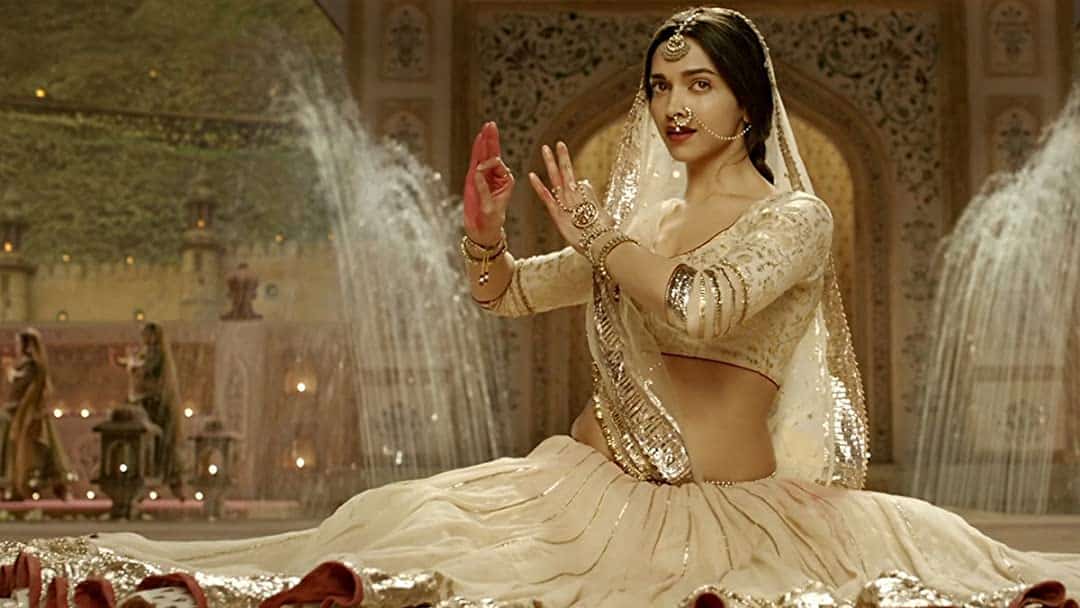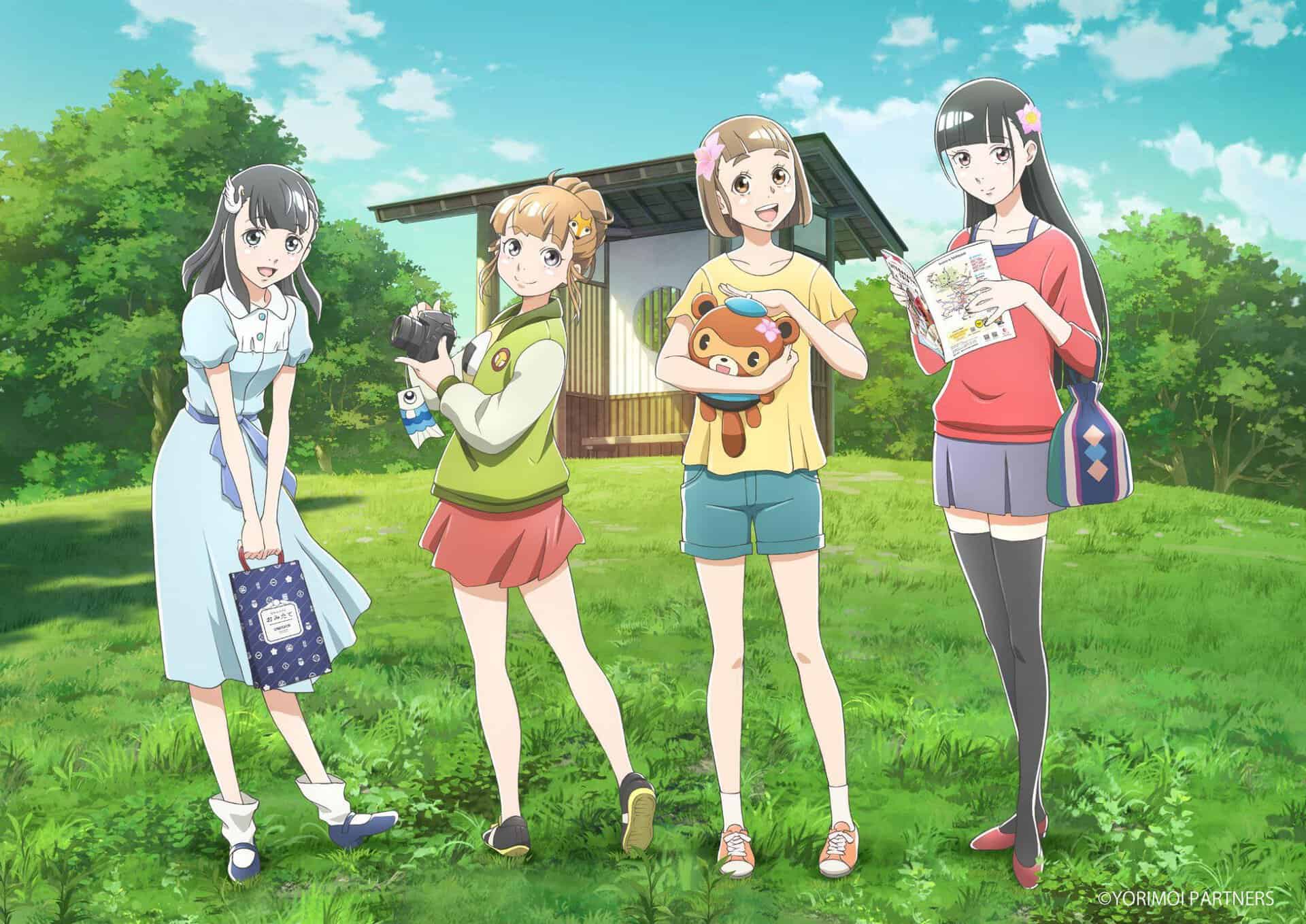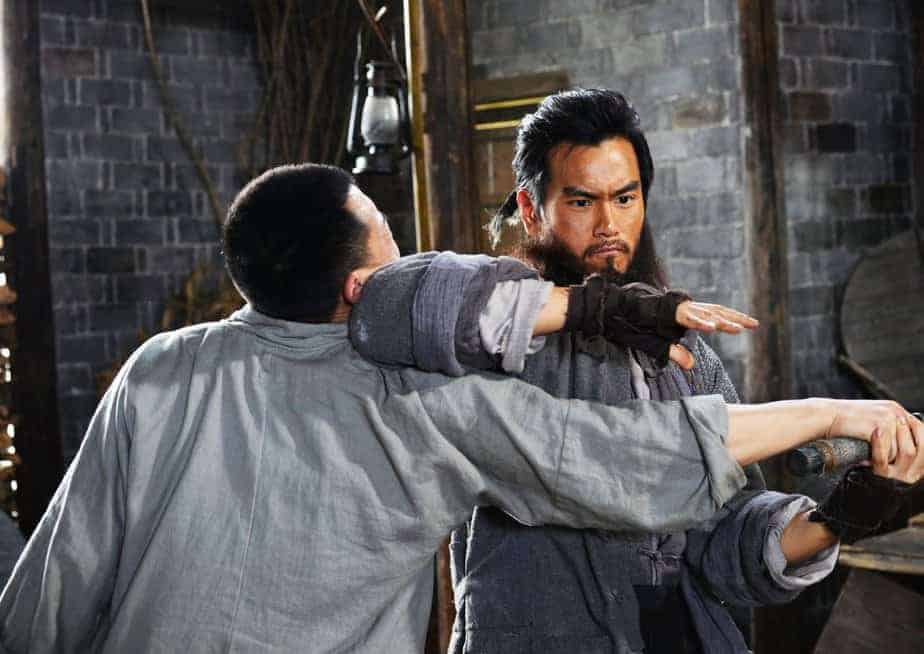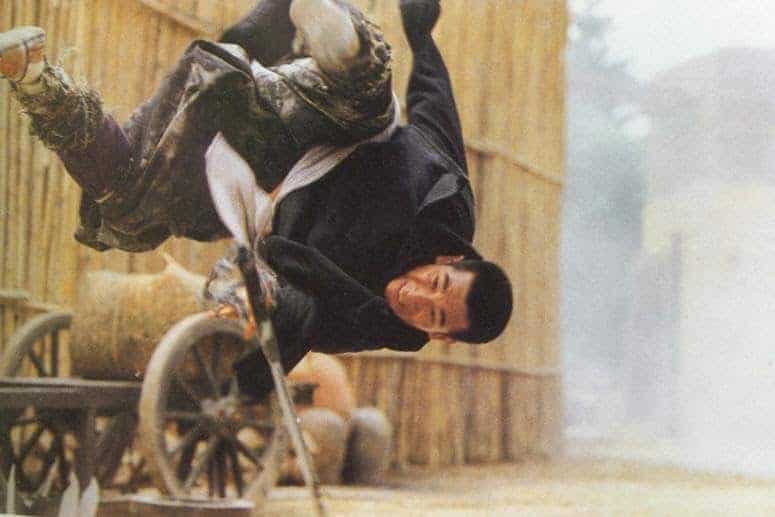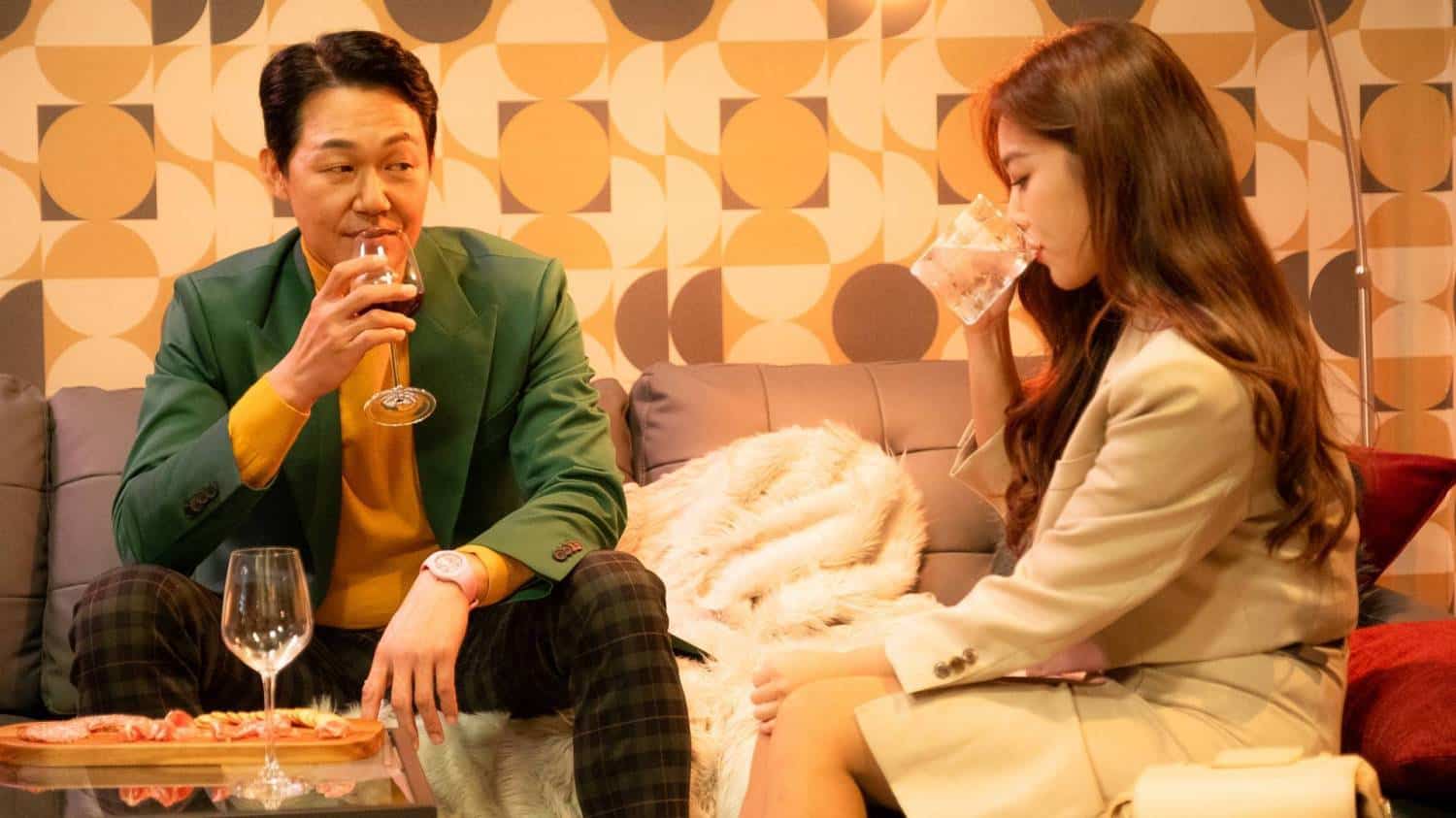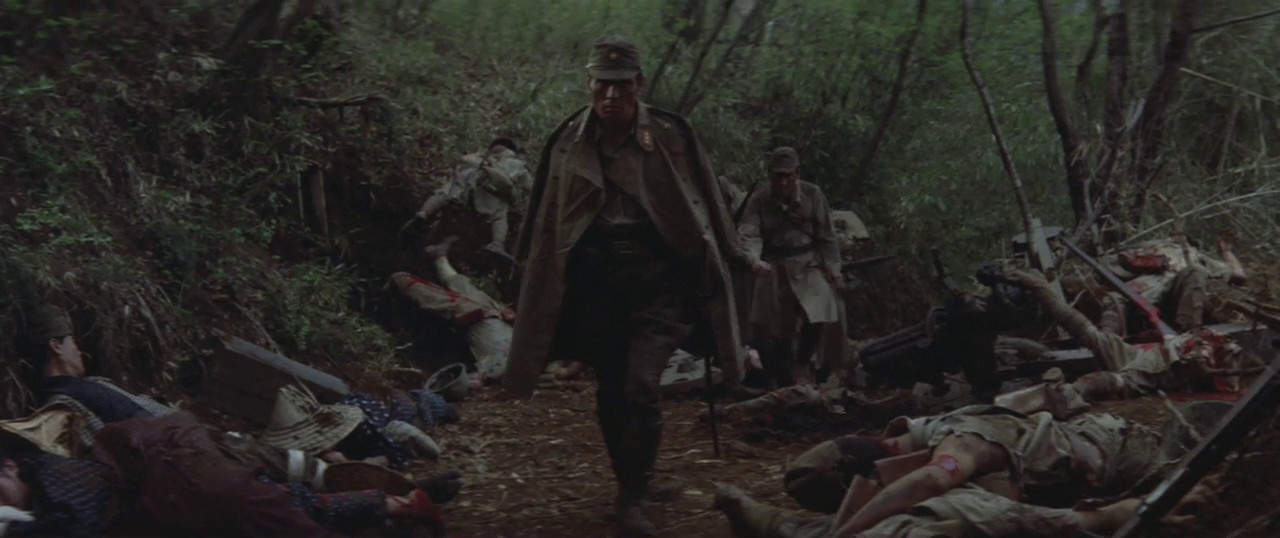A small but impactful revolution is narrated with grace and a dose of sense of humour in South Korean patriotic hit “Mal-Mo-E: The Secret Mission” which tells another story revolving around the Japanese occupation, from a seemingly unexplored point of view. This directorial debut of Eom Yoo-na, marked the transition from successful writer of “A Taxi Driver” to the director's chair, and landed in theatres just before the 100th anniversary of the March First Movement, or the “Sam-il”, a day celebrating the beginning of Korea's national independence movement from Japan.
“Mal-Mo-E: The Secret Mission” is screening at Florence Korean Film Festival 2020

It's 1941 and, while fighting World War II, Japan rules Korea and as an effective way to keep the nation well under its thumb, Japan is trying to suppress Korean national identity in any possible way. Language is one important aspect of the culture of a nation and therefore, in this scheme of things, the teaching of it and its use are highly discouraged and in some cases banned. Set against this scenario, we find the two antithetic cultural realms that will eventually join force against the oppressor. On one side, the illiterate scoundrel and ex-con, single parent Kim Pan-su (Yoo Hae-jin) who in these dire war-times is forced to practice pick-pocketing and petty thievery to be able to support his children and send them to school. On the other side, standing tall and proud, is scholar Ryu Jeong-hwan (Yoon Kye-sang) of the Korean Language Society who, aided by a little group of academics, is on a mission to publish and diffuse a complete dictionary of Korean Language in the hope of keeping alive not only the language but – above all – the Korean people's sense of belonging.
Fate plays its part in the form of a botched bag-snatching attempt from Pan-su, tempted by Jeong-hwan's fat briefcase that contain “only” the precious draft of the dictionary, and so these two unrelated worlds cross path. Jeong-hwan's disdain for the ignorant Pan-su is mitigated by one of the old scholars, the revered teacher Jo (Kim Hong-Fa), who had met him before when they served time in jail together and Pan-su had saved his life more than once; therefore he can swears on Pan-su intrinsic honesty and loyalty. In the end, The Korean Language Society offers Pan-su a honest job as handyman and the clever-but-clumsy academics will benefit of a bit of street-wise from Pan-su and his friends, that will prove crucial in helping gathering heritage words from the many dialect areas of the country. Meanwhile the Japanese, being aware of the perils of culture, are cracking down on the Korean Language Society, determined to stop the Dictionary project.
Words and dictionaries don't usually feature in war or resistance movies but, as we are often reminded in “Mal-Mo-E” by Jeong-hwan's character, “Words reflect a nation's spirit”. The way the writer and director Eom Yoo-na successfully endorses and conveys the motto, is through the popular film trope of the revenge of the underdog, here explored on different layers.
The most evident one is obviously the nationalistic and patriotic theme of Korea struggling under the Japanese oppression and eventually braking free, that is the backbone of the narration; but on a more empathic level sits the revenge of commoner Pan-su and his brave and altruistic actions after being mocked and minimised by the scholars. He acts as vehicle of compassion and – most of all – he is the way an otherwise dry subject becomes really compelling. Last (but not least, of course) of these underdog-themed tiers, is Korean language that takes its own revenge and turns this film partly into an eulogy of the role of cultural identity and heritage language maintenance, among the population.
As Jeong-hwan sadly notices in a scene, young children after being used to speak and study Japanese, were forgetting Korean and Hangeul, the Korean writing system, and he advocates the knowledge of the heritage language and its importance in nurturing identity and the feeling of belonging to a group. Pan-su's children are a good example; the older one, a good student, living in fear of being ostracized or – at the worst – sent to war, while the cute little one is very receptive to Jeong-hwan's semiotic anecdotes and teachings.
Literacy is the real “deus ex machina” here as it enables Pan-su's arc of transformation from the moment he is passively taught the alphabet to when he actively learns (and enjoy) to read and write, boosting his self-perception and community spirit. Yoo Hae-jin is a beloved South Korean actor who fits perfectly the role, one he has played many times before. He is funny and relatable; he is the ordinary person that embodies the popular traits of common sense, generosity and resilience, with just a pinch of naughtiness.
The production value is top, without being too flashy, the period feeling is very authentic and quite beautifully rendered in all those shelves, books, covers, posters and propaganda items. You can almost feel and smell the dust. In the best Korean fashion the movie is quite lengthy and, despite not feeling too “dragged”, you still wonder why it had to be so long.
“Mal-Mo-E: The Secret Mission” is an interesting project as it utilises a clever script, top performances and accurate period setting to turn an unusual story into a compelling war drama with the usual tone-shifts that characterise Korean popular movies but – a nice surprise! – without being over emotional and tear-jerking.



